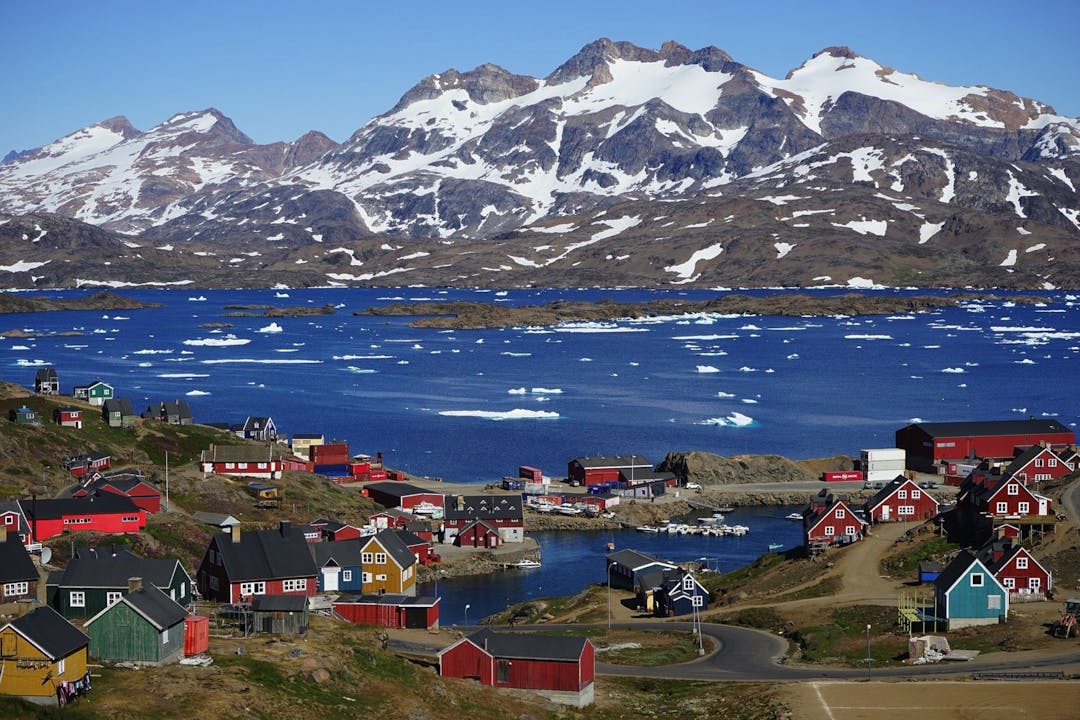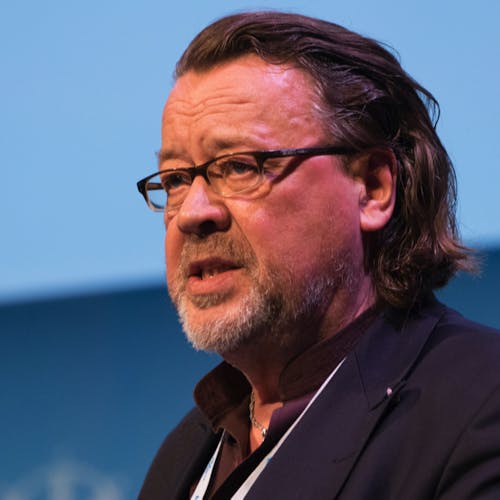There are several perspectives and discourses on the Arctic. Among them is the ‘Global Arctic’, a research approach initiated by the GlobalArctic Project in 2014. It is motivated by the growing interest of multiple actors from non-Arctic states on Arctic issues, and the Arctic Council’s acceptance of new Observer States from Asia. Since then, the conceptualization has been mentioned and discussed rigorously by experts, scholars and policymakers. The Project teamed up with Arctic Circle to jointly create the GlobalArctic Mission Council which was formally launched in Shanghai at the 2019 Arctic Circle China Forum. It is an open, interactive, international platform and network of experts from different fields and disciplines, as well as a process for clear-thinking across sectors and beyond state borders.
In spite of rumors of increasing tension, the globalized Arctic is a region of geopolitical stability and constructive cooperation. This is based on the common interests of relevant stakeholders on environmental protection, sustainable development, and science and knowledge. Interestingly and most importantly, this constructed geopolitical reality is supported by the Arctic States, Arctic Indigenous peoples, Northernmost regions and civil societies, as well as non-Arctic states from Asia and Europe. This reality has provided a solid foundation and inspiration for the GlobalArctic Mission Council of Arctic Circle to view the Arctic as a resilient structure, study the global and Arctic interrelations and to have policy- relevant agendas for stakeholder dialogues.
The Mission Council is an open, international platform and network with a flexible – ‘work in progress’ - format. It aims to interpret the globalized Arctic in a new geopolitical context, (re)place the Arctic within the context of global multi-dimensional changes and explore worldwide implications. Finally, Arctic resiliency is enhanced by new strategic research mechanisms and by the formulation of a network of experts interested to study ‘globalism,’ the ‘Arctic’ and their interrelations.
Among methods and activities are;
- To combine the local – global perspective (Area and Global Studies) with the global Arctic as an interdisciplinary workshop of the ‘Anthropocene’;
- To use the two-stages of the Global>Arctic / Arctic>Global Matrix as a method for studying Arctic actors and their interests;
- To implement ‘Transdisciplinarity’ by having a policy-relevant agenda;
- By promoting a problem-solving dialogue between different stakeholders.

